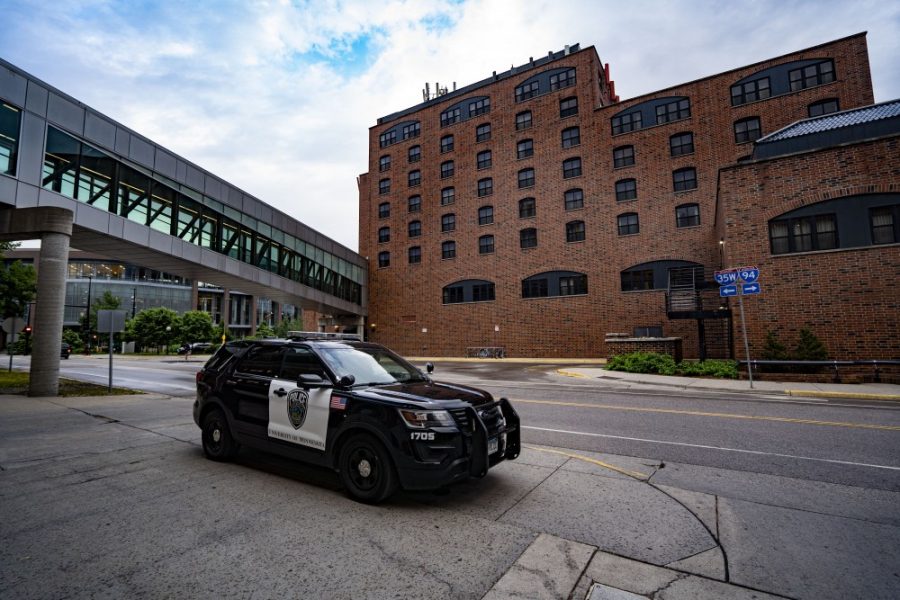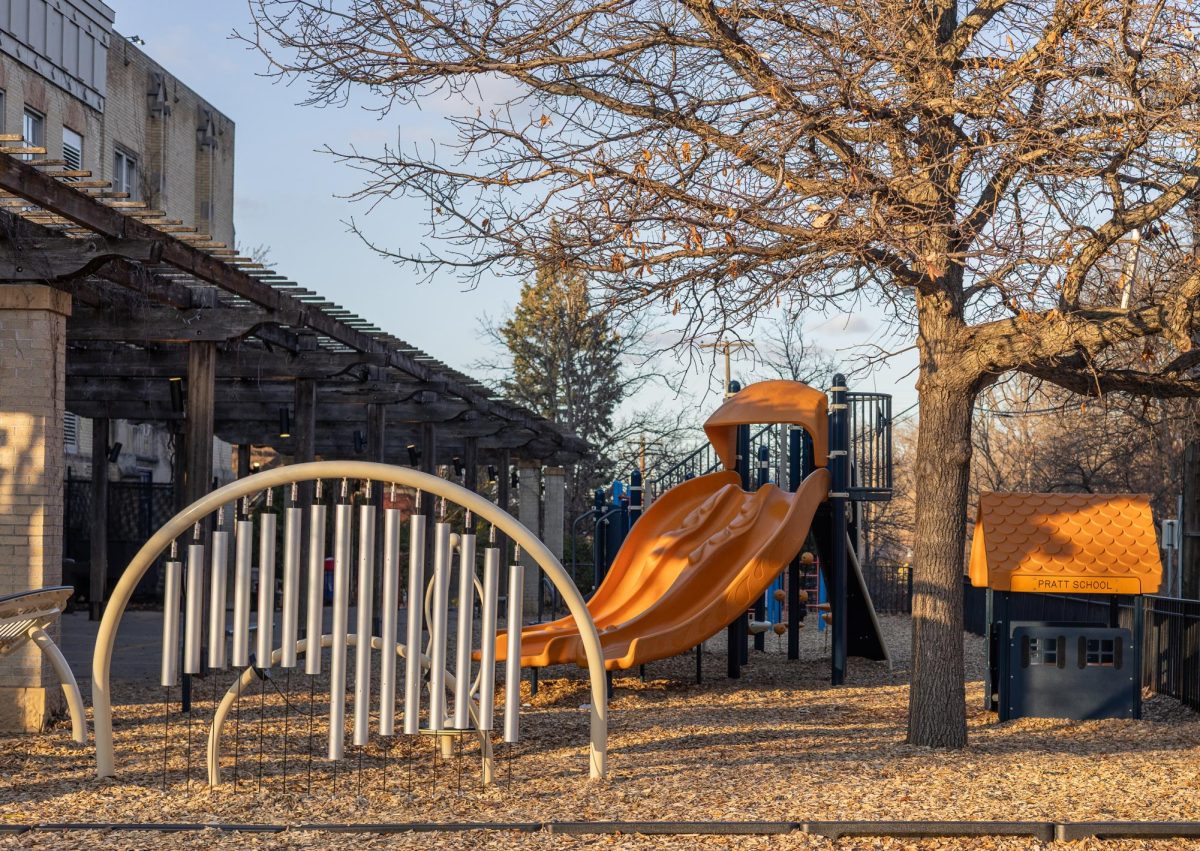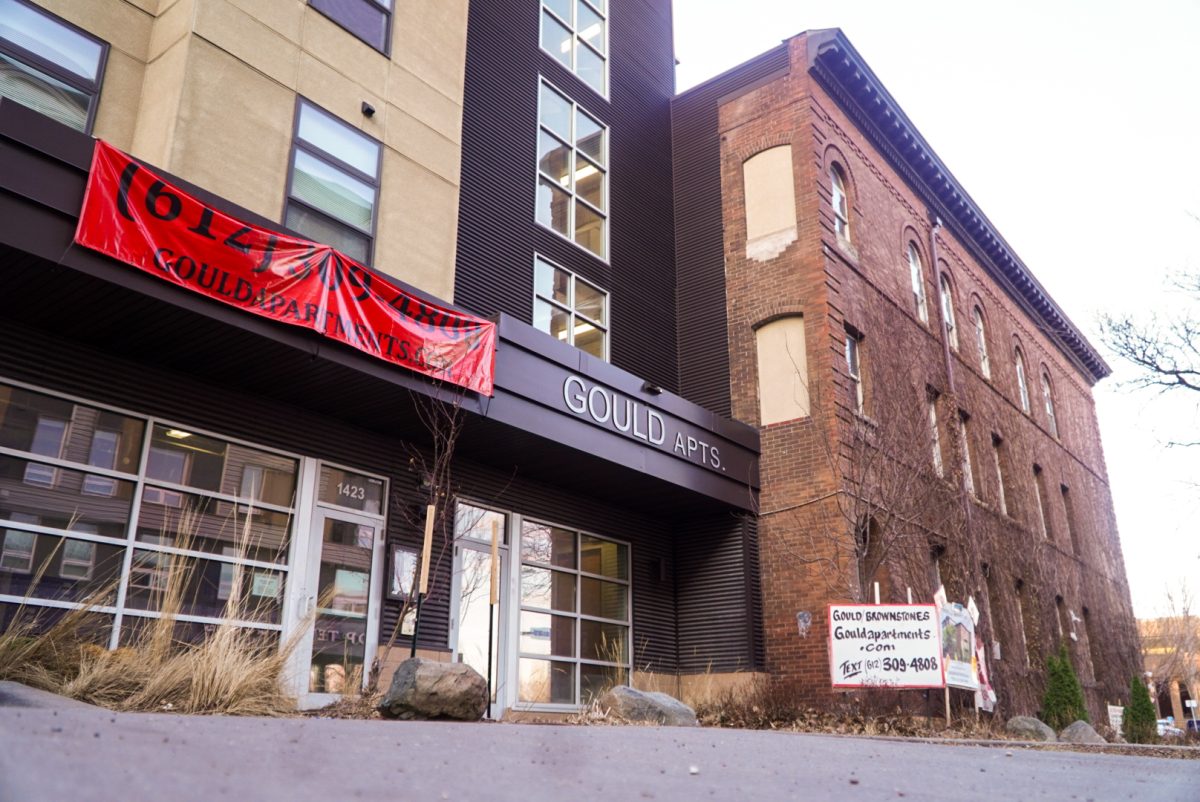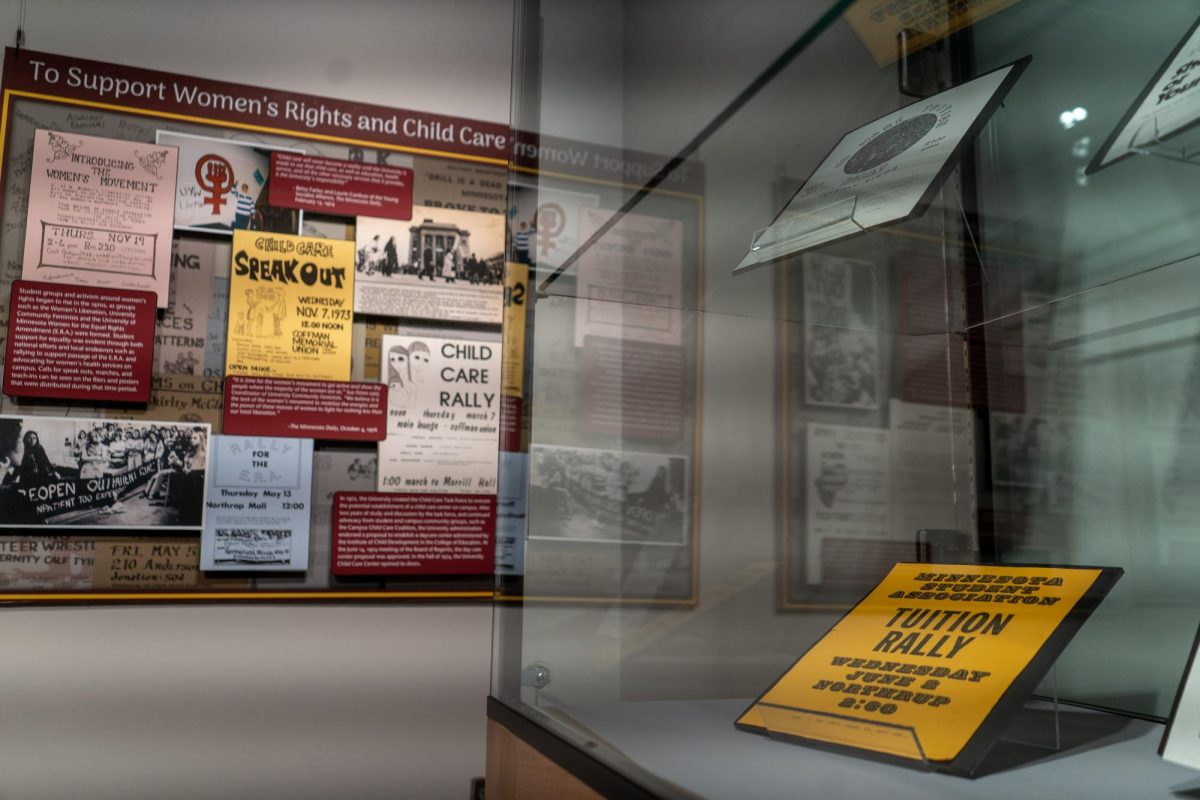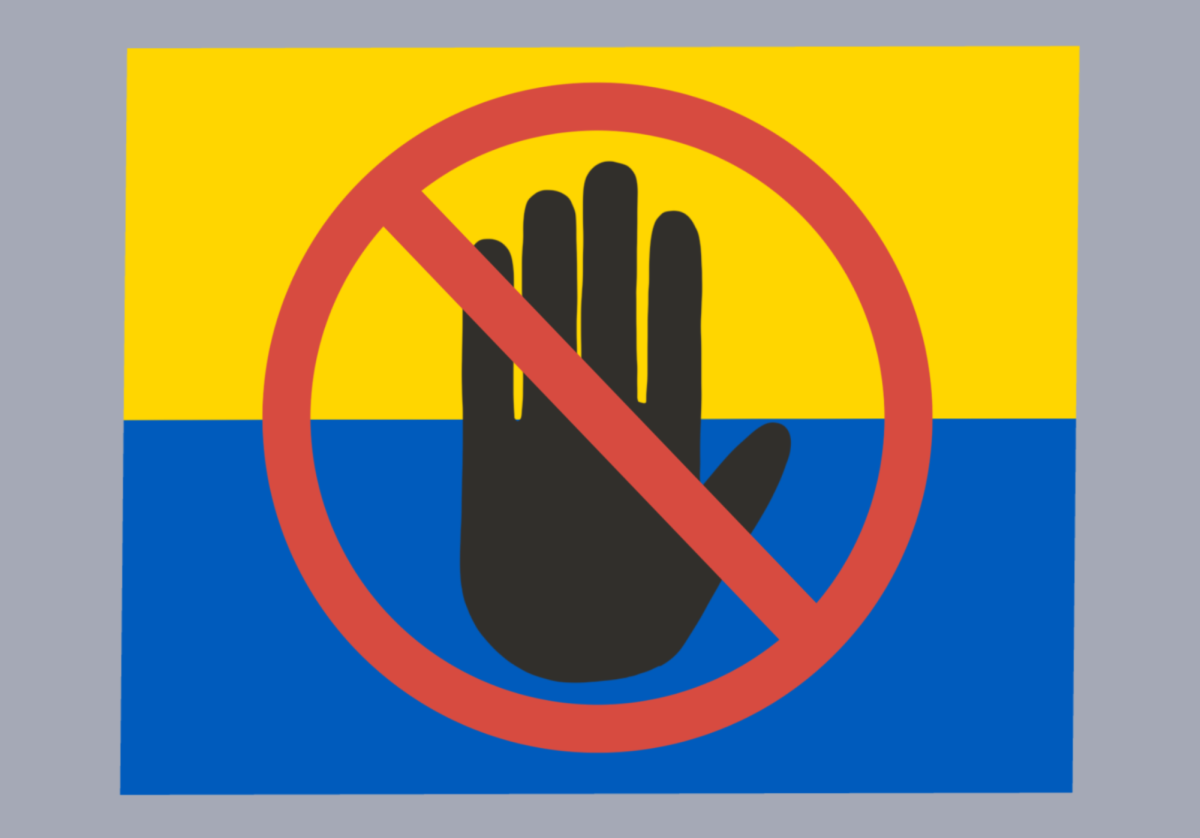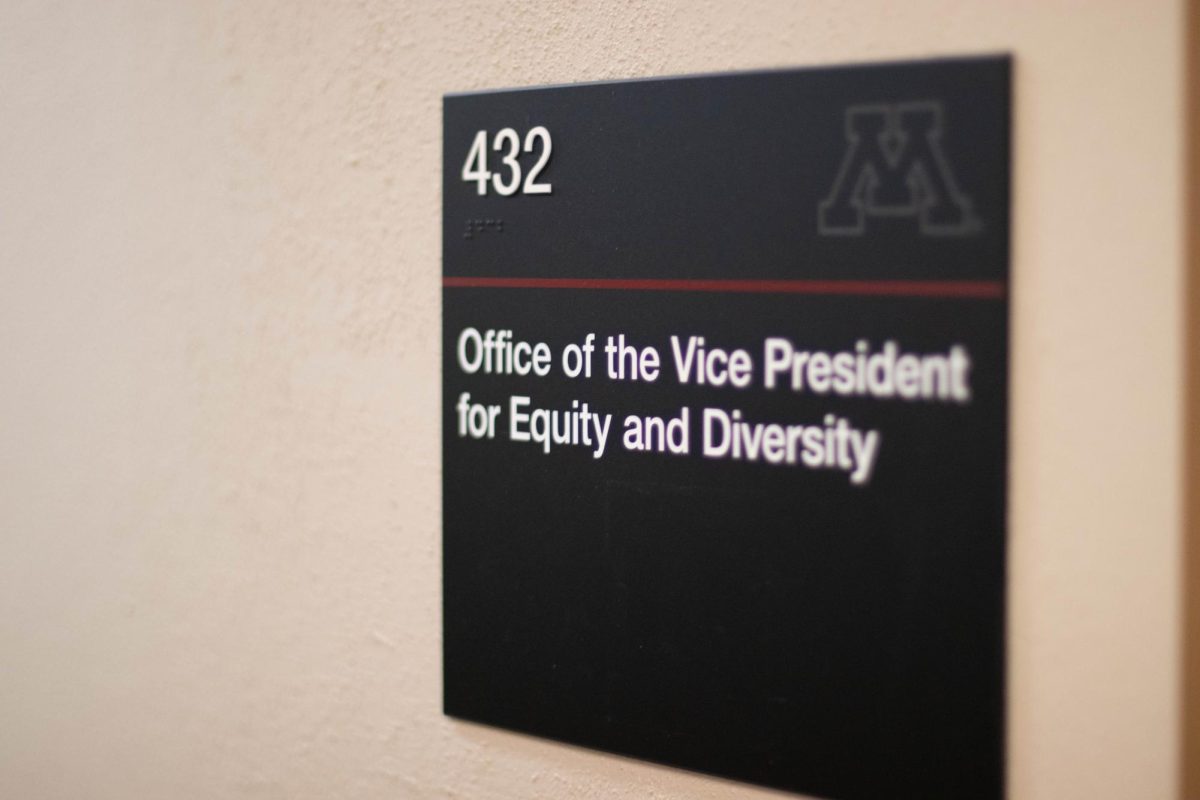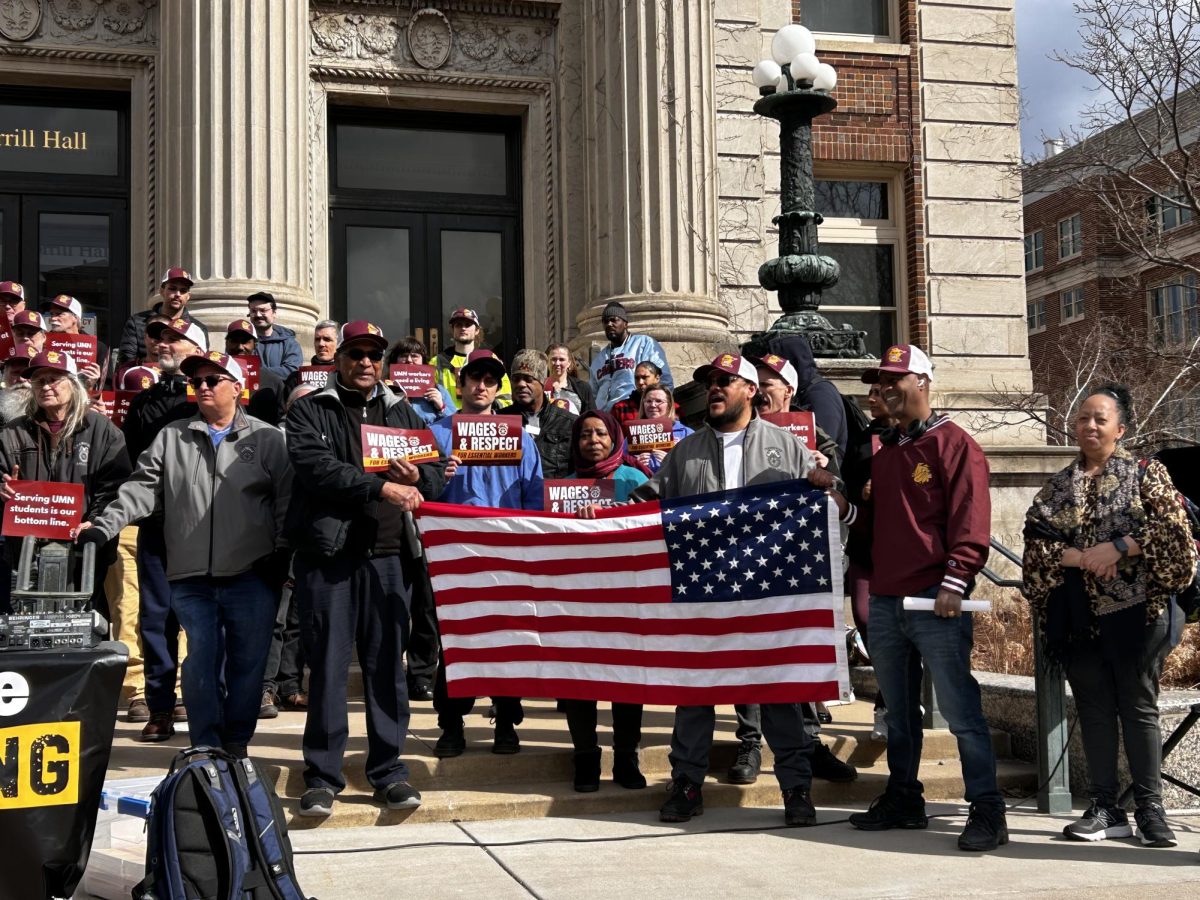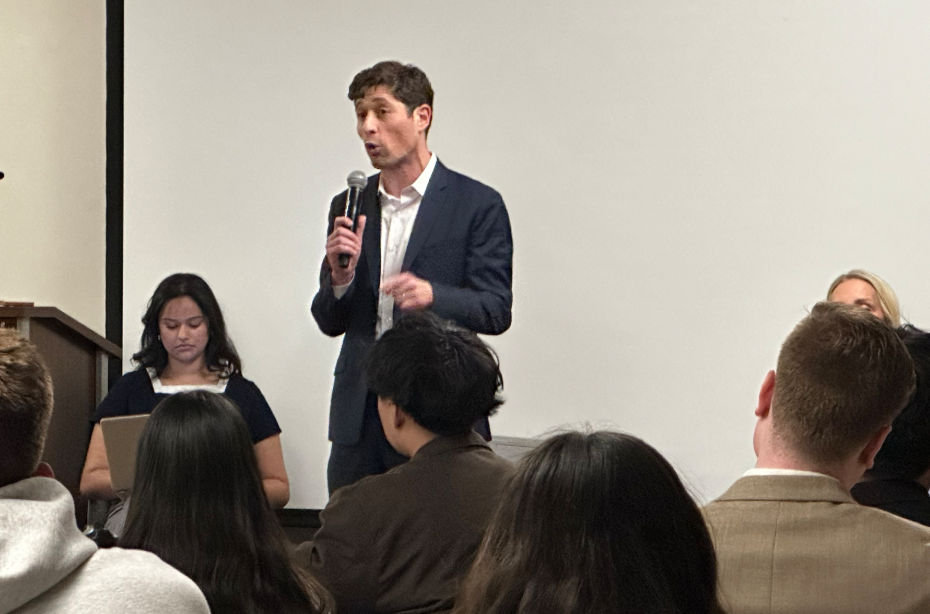A University of Minnesota Student Mental Health Advocacy Board has been pushing to increase mental health resources for community advisors and cease the involvement of the University Police Department when residents experience a mental health crisis.
The Student Mental Health Advocacy Board, which falls under the Office for Student Affairs, was formed last year and has been advocating for the mental health of all students at the University.
The board meets with various students and representatives from campus organizations, like the Minnesota Student Association, to address student mental health issues.
According to the coordinator of residential life at Housing & Residential Life (HRL), Jessica Gunzburger, when residents are experiencing a mental health crisis, the residence director on duty may call UMPD depending on the extent of the situation. The residence director on duty is responsible for the residence hall and supervises the hall’s office staff and CAs.
“If there is a known risk of harm to a resident or others, we do not ask CAs to go into that situation,” Gunzburger said.
Gunzburger said that during these situations, CAs would reach out to the residence director on duty, UMPD, or other resources.
According to Gunzburger, CAs are instructed to call the residence director on duty and the University crisis hotline when a resident experiencing a mental health crisis is not threatening violence to themselves or those around them. The residence director on duty then determines whether to call 911 to transport the resident to a hospital and can request that emergency medical services arrive without the aid of police officers. The involvement of the crisis hotline is a new change HRL made this year in order to reduce the involvement of UMPD, according to Sumaya Mohamed, a senior who is a part of the advocacy board.
“[Prior to the policy change, HRL] would tell us to call the UMPD when there is a crisis, but I never did that,” Mohamed, who was a CA two years ago, said. “I don’t think a person in a uniform carrying a weapon should ever be called during a mental health crisis.”
Mohamed said she decided not to continue working as a CA for several reasons, including the mental health strain from what she characterized as a lack of resources, long hours and a stressful work environment.
Although she said it was a privilege to receive free housing as a CA, Mohamed said she felt like HRL was not concerned about the lives of CAs outside of their jobs.
“[HRL] never took the time to ask us about how we were feeling or to recommend if we needed mental health help or even how to better support the residents,” she said.
According to Gunzburger, when stressors arise in the CA role, a supervisor will reach out to check whether the CAs need additional support.
In October, Mohamed and the advocacy board met with Gunzburger and Lauren Adamski, coordinator of student conduct at HRL, to discuss mental health resources for CAs and the extent of UMPD involvement in mental health crises.
Mohamed said she is hopeful because HRL has been open to changes.
“We have so many resources on campus; why can’t we have a [mental health professional] be on duty when the CA is on duty instead?” she said.
Sue Abderholden, executive director of the National Alliance on Mental Illness in Minnesota, said it is critical to involve a mental health professional, rather than police, when a person is experiencing a mental health crisis.
“We want a healthcare response to a healthcare issue, not a police response to a healthcare issue. Following George Floyd’s murder, we want to divert people away from using the police,” Abderholden said.
University consultant Dr. Cedric Alexander is in the process of writing a review of the UMPD to present to the administration.


